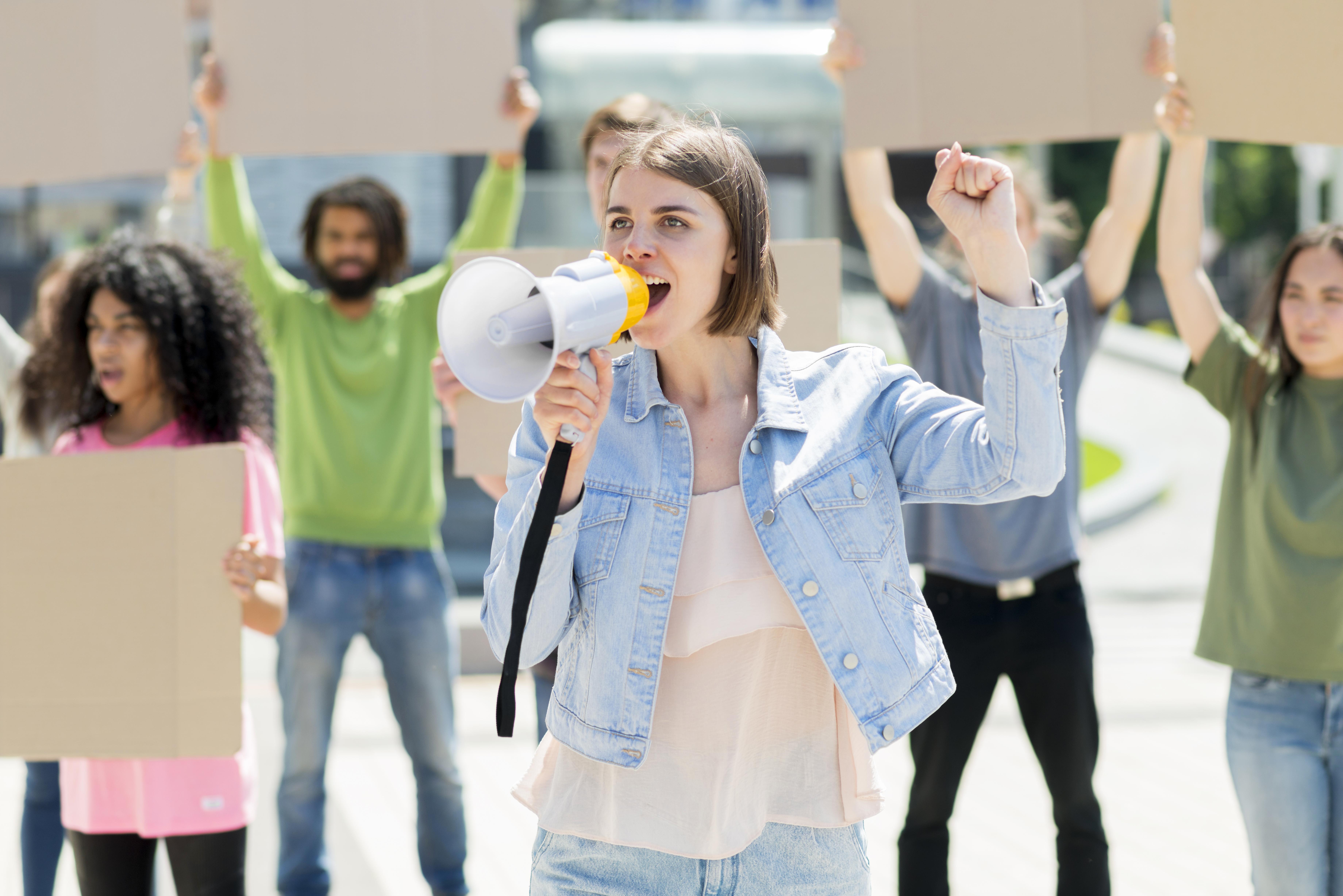Students Role in Politics

Students role in politics has always been a significant aspect of social and political movements worldwide. Historically, students in politics have served as catalysts for change, advocating for various causes and influencing policy decisions. From the civil rights movements in the United States to anti-apartheid campaigns in South Africa, the involvement of young people has been crucial in shaping political landscapes. Journalists like Reese Erlich have documented these movements, highlighting the critical role students play. Today, students continue to champion issues such as climate change, gun control, and educational reform, demonstrating their persistent impact on contemporary political discourse and societal progress, often reflecting modernist themes. Their energy and passion remain vital for driving meaningful transformations.
The Importance of Student Politics
Student politics plays a critical role in democratic societies. It provides a platform for young individuals to voice their opinions, participate in governance, and develop leadership skills. Student politics on campuses often mirror larger societal issues, offering a microcosm of national and global political dynamics. Engaging in student politics helps students understand the complexities of governance, the importance of civic engagement, and the impact of public policies on their lives and communities. Additionally, student politics fosters critical thinking and debate, encouraging students to analyze different perspectives and develop informed opinions, much like examining elements of modernism in literature. It also promotes networking opportunities, as students connect with peers, faculty, and external organizations, laying the groundwork for future political and professional endeavors. Through active involvement, students gain firsthand experience in advocacy, negotiation, and public speaking, essential skills for their personal and professional growth.
Benefits of Students in Politics
Students and politics are intertwined in many ways. Participation in political activities helps students cultivate a sense of responsibility and awareness. They learn to debate, negotiate, and collaborate with others, fostering a sense of unity and collective action. Additionally, students politics encourages critical thinking and problem-solving, essential skills for future leaders.
Moreover, students in politics often bring fresh perspectives and innovative solutions to the table. Their energy and passion can invigorate political discourse, challenging the status quo and pushing for progressive reforms. For instance, students analyzing the Syria war timeline have offered unique insights into conflict resolution and humanitarian aid strategies. This involvement can lead to a more inclusive and representative political system, where the voices of the younger generation are heard and considered.
Challenges and Pitfalls
While the involvement of students in politics is beneficial, it also comes with challenges. Navigating the political landscape can be daunting, and students may face resistance from established political entities. Additionally, balancing academic responsibilities with political activism requires time management and dedication. Much like the complexity of modernism themes in literature, students must navigate intricate political dynamics and ideologies, often challenging traditional structures and advocating for progressive changes. Another potential pitfall is the risk of being co-opted by political parties or movements that do not genuinely represent the interests of the student body. Students must be wary of such dynamics and should employ critical thinking akin to analyzing elements of modernism in literature, questioning established norms and advocating for authentic representation. Drawing parallels to modernism in literature, students should critically assess political narratives and ideologies to maintain their integrity and purpose. It is essential for students to remain vigilant and ensure their participation is driven by genuine concern for social justice and community welfare, rather than personal gain or external pressures.
Conclusion
In conclusion, the students role in politics is vital for the health and dynamism of any democratic society. Politics and students together can create a formidable force for positive change. By participating in student politics, young individuals not only contribute to the political process but also develop essential skills and values that will serve them and their communities in the future. Encouraging more students to get involved in politics will lead to a more engaged, informed, and active citizenry, capable of driving meaningful societal progress. Furthermore, student politics can bridge the gap between youth and government, ensuring that the perspectives and needs of younger generations are represented in decision-making processes. This involvement nurtures a culture of accountability and transparency, as students learn to hold their leaders to high ethical standards. Overall, the integration of student politics into the broader political landscape promises a vibrant, participatory democracy where the voices of all citizens are heard and valued.